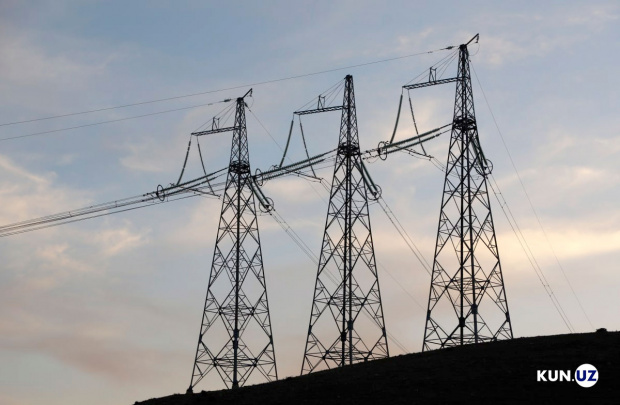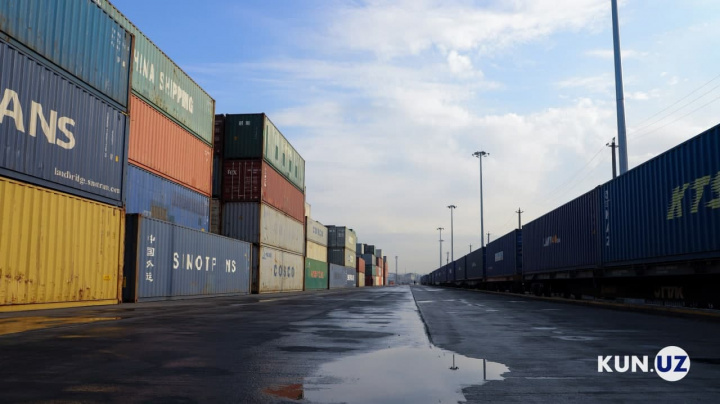Reduced duty-free limits raise questions: What if you can’t pay at the border?
What rules apply to the goods brought into Uzbekistan by air, train, car, or on foot? How are the values of these goods calculated, and how much is the customs duty for excess items? What happens if a citizen is unable to pay the duty? The State Customs Committee has provided answers to these questions.
From May 1, non-commercial import limits for goods brought into Uzbekistan will be reduced. According to a government resolution:
- Passengers arriving by plane will only be allowed to bring in goods worth up to $1,000 duty-free, down from the current $2,000.
- For rail travelers, the duty-free threshold is being cut from $1,000 to $500.
- For those entering the country by car or on foot, the existing $300 limit remains unchanged.
The information service of the Customs Committee offered clarifications on several points that have sparked public discussion.
How is the number of days a citizen spends abroad determined?
According to the committee, currently 76% of citizens enter via land border checkpoints, 20% through airports, and 4% via railway border posts.
“The customs information systems are integrated with the databases of other relevant ministries and agencies. As a result, customs authorities can determine in real time how long a citizen has stayed abroad. This procedure does not cause any delays for travelers,” the committee stated.
A new rule requiring a stay of at least 2–3 days abroad to qualify for duty-free imports will come into effect on July 20, 2025.
What if goods brought in for personal use exceed the duty-free limit?
According to legislation, the value of goods exceeding the duty-free allowance is subject to a flat customs fee of 30% of the customs value, but not less than $3 per kilogram. This simplified rate replaces import duties, VAT, and excise taxes.
Example:
A traveler arrives by plane with personal goods worth $1,300 and weighing 12 kg. Since the duty-free limit is $1,000, the remaining $300 will be taxed at 30% or at least $3 per kg, whichever is higher.
If the traveler cannot pay the required amount, the excess goods will be held in temporary storage at the border checkpoint. The traveler then has 30 days to either pay the fees and retrieve the goods or take them back out of the country.
How is the customs value of imported goods determined?
The customs value of goods is determined based on receipts, invoices, and other commercial documents. If such documentation is unavailable, customs officers have the right to independently assess the value of the goods.
What types of products are mostly imported into Uzbekistan by air and courier?
According to the Customs Committee, individuals primarily import goods from Türkiye, UAE, South Korea, China, the USA, and India. These goods include:
- Mobile phones (smartphones): 5% duty
- Tablets: 0%
- Laptops: 0%
- Smartwatches: 5%
- Gaming consoles (e.g., PlayStation): 15%
- Air purifiers: 10%
- Women’s clothing: 20% or $2–4 per item
- Children’s clothing: 10%
- Medicines: 2%
- Jewelry: 20%
- Perfume: 30% or $2.5/kg
- Dietary supplements: 30%
Related News

16:58 / 24.07.2025
Uzbekistan boosts electricity exports amid ongoing outages

23:02 / 23.07.2025
Uzbekistan’s foreign trade turnover hits $37 billion in first half of 2025

16:01 / 23.07.2025
iPhone prices spike in Uzbekistan amid new customs limits

17:39 / 18.07.2025



